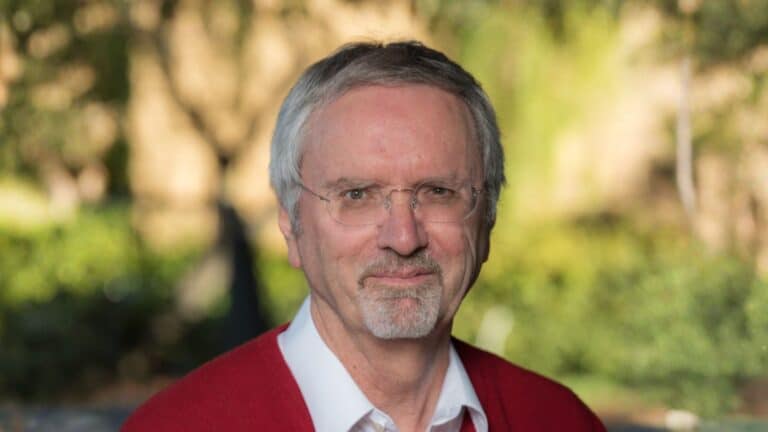This website uses cookies as well as similar tools and technologies to understand visitors’ experiences. By continuing to use this website, you consent to Columbia University’s usage of cookies and similar technologies, in accordance with the Columbia University Website Cookie Notice.
We know climate change is real. It’s caused by human activity, and primarily by emissions from energy use. But there is a lot of uncertainty and a lot of misunderstanding about just how bad its effects will be. An op-ed last month by U.S. Senator Marco Rubio suggested South Florida should become more resilient and just adapt. On the other hand, maps of the world at 2100 show coastal cities submerged, not to mention a range of other calamities that scientists say may be caused by climate change. Scientists who study climate change often have trouble communicating the risks in ways the public can broadly understand.
In this edition of Columbia Energy Exchange, host Jason Bordoff is joined by journalist David Wallace-Wells, a fellow at the New America Foundation and a columnist and deputy editor of New York Magazine. He is also the author of a new book, The Uninhabitable Earth, which depicts in meticulous and terrifying detail a future that may await should we continue to add greenhouse gases into the atmosphere unabated.
As the United Nations’ Climate Action Summit gathers in New York City today, kicking off Climate Week, Jason and David’s conversation about adequately communicating the worst effects of climate change, and what motivates action — as well as what kind of action is needed to address the crisis — is timely.
More Episodes
Oil and Venezuela: What’s Next?
Early on January 3, 2026, the United States apprehended Venezuelan President Nicolás Maduro and his wife and removed Maduro from power. Maduro was transported to New York, where he now faces federal charges of narco-terrorism and drug trafficking.

Editor’s Pick: Sean Casten on US Energy Policy in a Partisan Era
This has been a crucial year for US energy policy. The passage of the One Big Beautiful Bill Act eliminated many of the clean energy incentives that were...

Luisa Palacios and Eddie Fishman on the US Pressure Campaign on Venezuela’s Oil
Over the past week, President Trump has intensified pressure on Venezuelan president Nicolás Maduro by targeting the regime’s economic lifeline—oil. The United States has seized two oil tankers...

From Hot Rocks to Clean Power: Roland Horne on the Future of Geothermal
If it seems like you're hearing a lot more about geothermal energy lately, that's because this clean, firm energy source is at a technological turning point. With roots...

Relevant
Publications
US Action Threatens Venezuela-China Oil Flows, Debt Repayment, and Investments
The US intervention in Venezuela may jeopardize both the flow of discounted Venezuelan oil to China's teapot refineries and the role of Chinese oil companies in Venezuela’s upstream business.

Why ‘Taking’ Venezuela’s Oil Hurts U.S. Energy Security
In discussing the dramatic seizure of Venezuelan President Nicolás Maduro and his wife, Cilia Flores, over the weekend, President Donald Trump declared that the United States would now “take back” the country’s oil. Yet he has offered little clarity on what exactly this means.

Venezuela: The Post-Maduro Oil, Gas and Mining Outlook
The country could see a relatively rapid recovery of some oil production, depending on the leadership that emerges.

Q&A on US Actions in Venezuela
Early on 3 January 2026, the United States launched a military operation to arrest President Nicolás Maduro and remove him from Venezuela.

